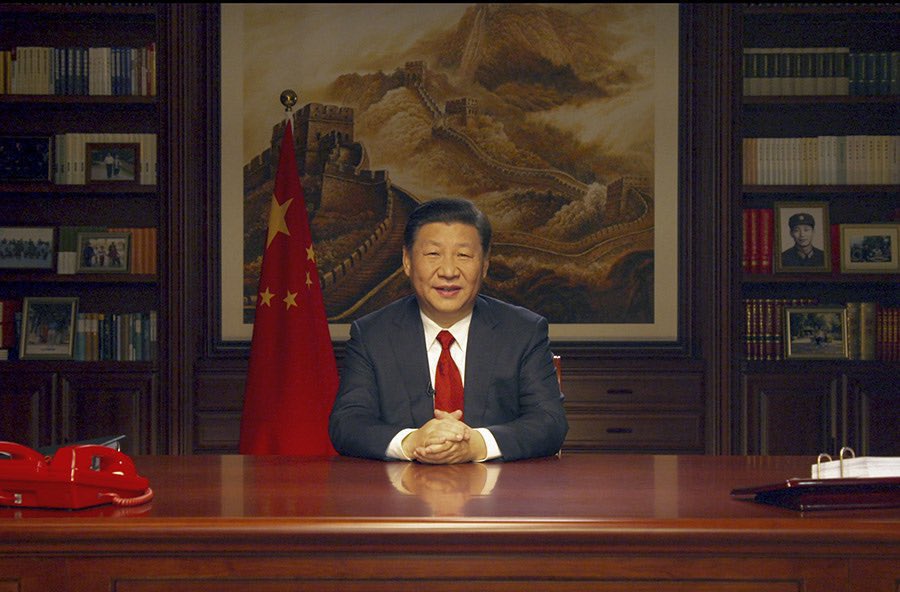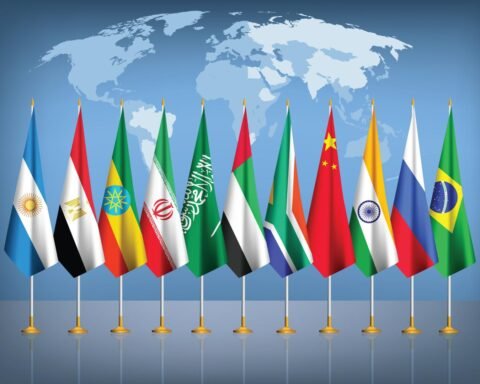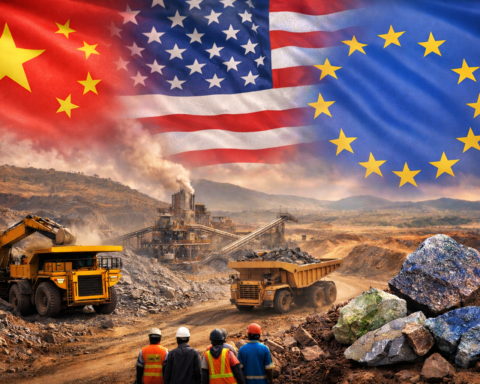China has strongly condemned the United States’ decision to impose new tariffs on its exports, warning that the move could harm global trade and strain relations between the two economic giants.
The tariffs, announced by Washington, significantly increase duties on Chinese goods, intensifying ongoing trade tensions.
In a statement, China’s Ministry of Commerce urged the U.S. to reverse its decision, calling it an unfair economic measure that could disrupt international trade. “These additional tariffs will severely impact China-U.S. relations and the global economy,” the ministry said, emphasizing that Beijing would take necessary steps to protect its interests.
The new tariffs add to the existing levies that have been in place since the previous trade disputes between the two nations. With the latest increase, some Chinese exports to the U.S. now face a tariff rate exceeding 50%. The move has sparked concerns among business leaders and economists, who warn that such protectionist policies could lead to higher prices for consumers and economic instability.
The European Union and Canada have also voiced concerns over the escalating trade war, with both signaling possible retaliatory measures. European Commission President Ursula von der Leyen indicated that Brussels is considering tariffs on American steel, while Canadian Prime Minister Mark Carney vowed to respond to any economic harm caused by the U.S. measures.
Markets reacted swiftly to the developments, with stock indices experiencing volatility as investors assessed the potential impact of a prolonged trade conflict. Analysts caution that if tensions continue to escalate, the global economy could face slower growth, inflationary pressures, and disruptions in supply chains.
Also Read; Russia Strikes Ukraine’s Power Plant
Amid Winter
Washington has defended the tariffs, arguing that they are necessary to protect American industries and address trade imbalances. However, critics argue that these measures could ultimately backfire by provoking retaliatory actions from trading partners, leading to a cycle of economic restrictions that could harm businesses and consumers alike.
As the situation unfolds, attention is now on how China will respond. While Beijing has not yet announced specific countermeasures, it has hinted at possible steps, including imposing its own tariffs on U.S. imports and strengthening trade ties with other nations. The world is watching closely to see whether the two sides will engage in diplomatic talks to prevent further escalation or if the trade dispute will deepen, with lasting consequences for global commerce.







